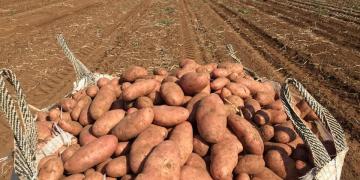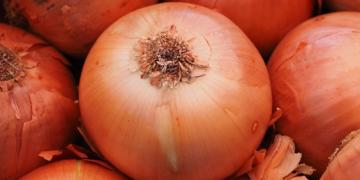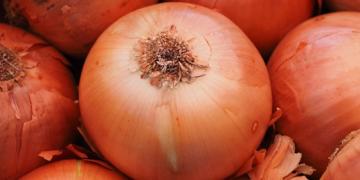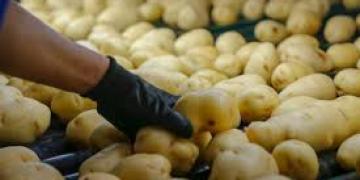Curiosidades: According to this new study, the key to human evolution may be… potatoes?
There’s been good news for potato lovers this week, with new research linking starchy food with humanity’s ascent to the top of the food chain.
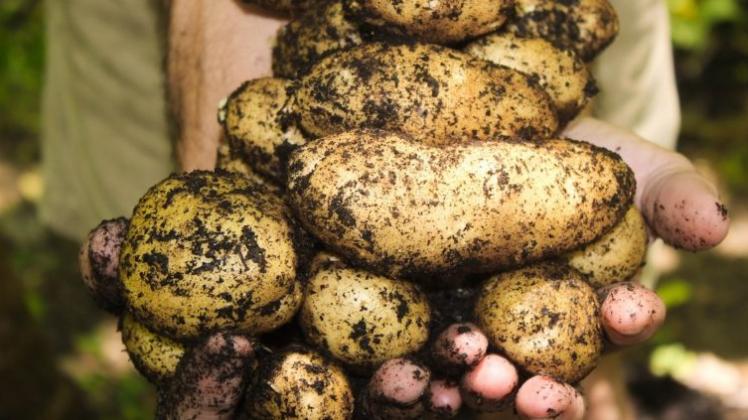
There’s been good news for potato lovers this week, with new research linking starchy food with humanity’s ascent to the top of the food chain.
Science has finally gotten behind everyone’s favourite root vegetable. New research conducted by the University of Sydney has linked a certain gene with starch digestion, metabolism, gut microbiome, methane production and, ultimately, increase in brain size during human evolution.
This research brings us a step closer to justifying chips as an evolutionary advantage. It’s exciting stuff.
The gene AMY1 encodes the protein enzyme that breaks down starch in your mouth as you chew. All humans have got the AMY1 gene, although the number of copies of the gene that are present varies widely across the human race.
Some people have two, and others have 20. The average joe has about six to eight copies.
The study, published in the American Journal of Clinical Nutrition, was the first large-scale, systematic analysis of differences in AMY1 copy numbers. It used 201 healthy participants to conduct four linked experiments.
People with more AMY1 copies were found to digest starchy carbohydrates faster than those with fewer copies, due to the corresponding concentration of amylase enzyme in their saliva. Those with more AMY1 copies also showed a higher blood glucose response to high carbohydrate starch foods, but not to sugary foods.
Amylase shouldn’t digest sugary foods, so the researchers suggest that the lack of association indicates that the difference in starch digestion can be linked to differences in number of the AMY1 gene copies present in the participant.
So far, so scientific. What does it all mean?
We’re going to assume that fries are fair game now
Well, according to the study’s lead author Dr Fiona Atkinson from the University’s Charles Perkins Centre and Faculty of Science, the findings of this study are significant when it comes to giving us a better understanding of evolutionary biology. The variation in copies of AMY1 seen in humans is not echoed in other primates.
“There has been speculation it could represent an adaptation to the influence of diet during human evolution – perhaps associated with the shift from the low starch diet of hunter-gatherers to the high starch diets of Neolithic farmers,” said Dr Atkinson.
“It’s also possible individuals with high numbers of copies of the gene had an advantage at certain times during human evolution.”
“If, as has been argued, consumption of carbohydrates – particularly starch – aided accelerated expansion of the human brain, then higher levels of glucose in mothers’ blood during pregnancy may have supported the increasingly large brain and higher body fat of human infants compared to other primates.”
While researchers are still assessing the implications of the study, and say further research is required, I say let’s just take the potatoes-are-good-for-your-brain theory and run with it.
Now I’m off to have a packet of Salt ‘N’ Vinegar chips and do some algebra.
Fuente: Techly

